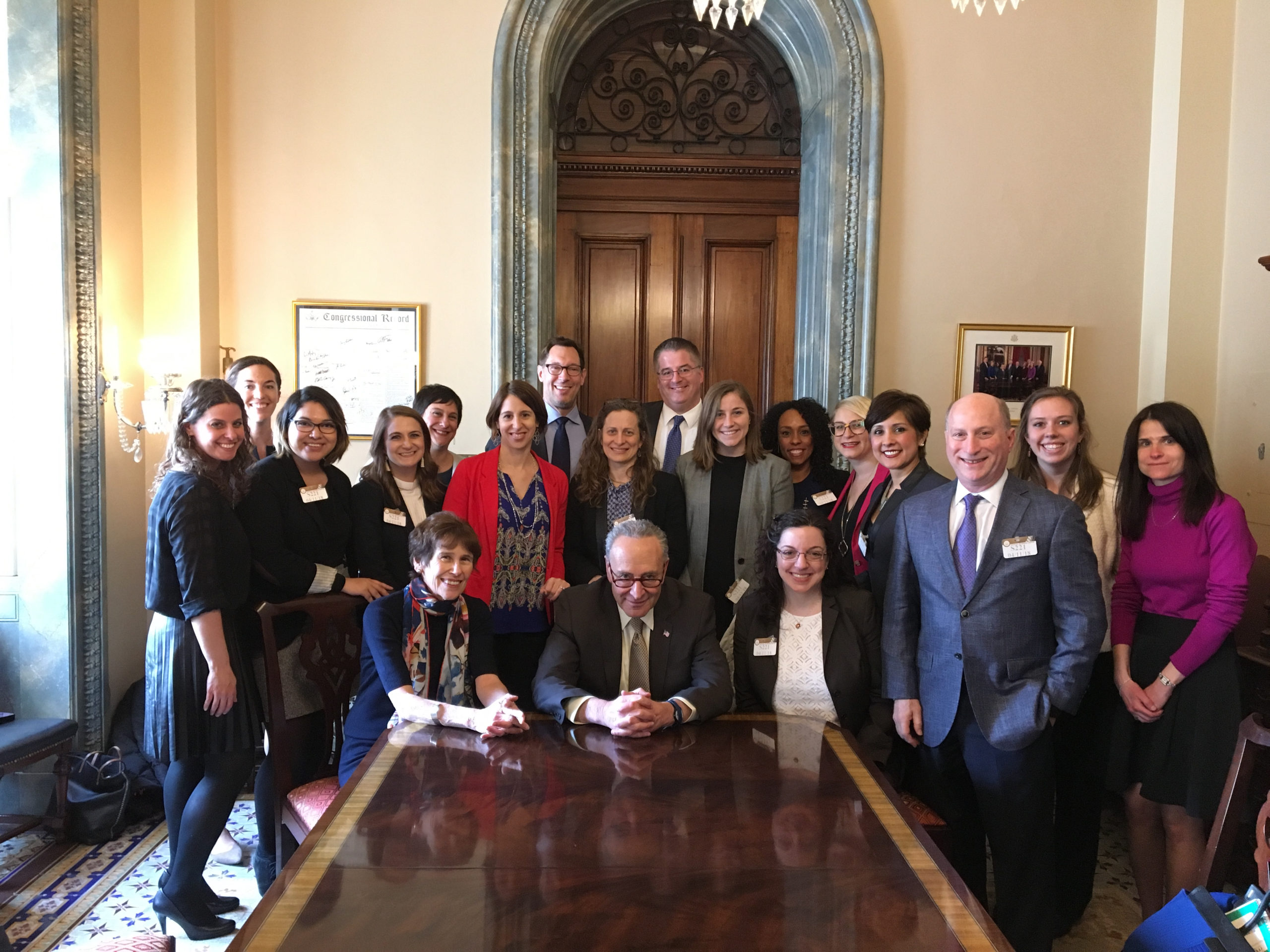Our Last Chance to Expand the Child Tax Credit for Families Before the New Year

Like millions of parents across the country, Atidah, a mother in Oklahoma, received monthly Child Tax Credit (CTC) payments from July to December 2021. She used those payments to cover bills and “anything that was pressing at the moment.”
The American Rescue Plan Act’s CTC expansion provided monthly payments to families in 2021, including the lowest-income families who needed the support most. But at the end of 2021, Congress allowed those payments to expire—leaving Atidah in the lurch. Now, she is struggling to pay for the basic necessities, including her mortgage, car insurance, food, and gas. The loss of CTC payments, combined with rising gas prices, have forced her to change her family’s routines: “We definitely alter plans,” she explained, “and we think if we’re going to do this thing, it has to be close to where we’re [already] going.”
This is not an isolated problem. The parents we spoke to expressed the pain and harm they have been experiencing without CTC payments:
Marsha, a mother in California: “I had gotten used to [the payments], so when it stopped, I was like, now I have to really budget. I just tried spending less on stuff that I didn’t need. Like entertainment, like going out, stuff like that. Movies for the kids.”
Crystal, a mother in Colorado, who never received any of her CTC payments: “My whole family passed away from COVID, and I’m looking for an apartment. I have two children. I have to two things that are late to be paid. It’s affecting my housing situation, my food, everything.”
And across our country, these anecdotal experiences have been confirmed. Since the CTC expired, poverty rates have spiked and families are finding it harder to meet their expenses. Like Atidah, many families are struggling to afford food and other necessities. And upcoming research by the National Women’s Law Center, CLASP, University of California, Berkeley, the Center for the Study of Social Policy, the Children’s Defense Fund, ideas42, Prosperity Now, UnidosUS, and the Urban-Brookings Tax Policy Center found that households where women make the financial decisions—disproportionately low-income and single-parent households—are having more difficulty than other households meeting their monthly expenses and paying their rent and mortgage.
Right now, members of Congress are deciding what tax policies to vote on before the year ends.
At this pivotal moment, we are calling on Congress to expand the CTC—for the proven good of our country.
In 2021, we witnessed how transformative an expanded CTC was for families—including those with low incomes. The advanced monthly payments helped women of color pay for basic necessities; gave mothers needed flexibility to balance working and caring for their kids; reduced families’ financial stress; and helped families keep food on the table and afford healthier food for their kids.
Together, we must call on Congress to get families like Atidah’s the support they need. As Atidah told us, when the monthly payments were ongoing, “You knew that if it happens to be a tougher month, you have that money to look forward to, and it’s going to help out with whatever you’re struggling with that month.”
So, tell your members of Congress that the CTC must be expanded by the end of the year—especially for the women and families who are most in need.





